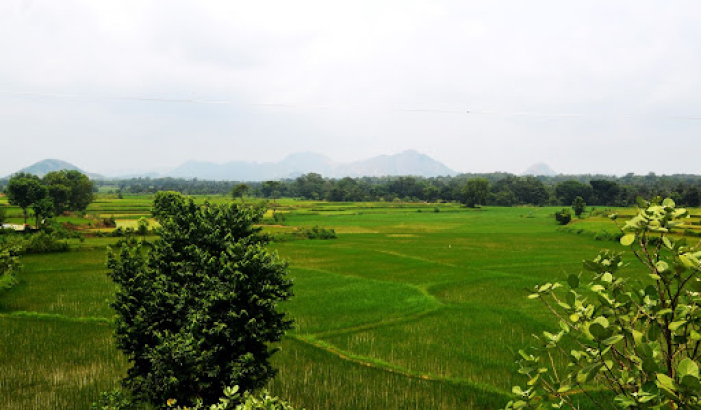A conversation with Sumitra Devi: the regenerative agriculture pioneer

Meet Sumitra Devi. She hails from Chatugada village in the Bokaro district of Jharkhand, India. In 2007, the Indian organisation PRADAN (Professional Assistance for Development Action) started promoting self-help groups (a self-help group is an intermediary financial institution usually composed of 12 to 25 local women. The main idea was to ease access to credit and finance) in Sumitra’s village. PRADAN has promoted a total of 7 self-help groups (SHGs), and she was part of one SHG namely Jiyad Jharna Mahila Mandal.
She says, “My husband, Naresh Manjhi, and I have been cultivating paddy and maize in the Kharif season (June/July to September/October) and growing potato in the Rabi Season (October/November to January/February) in the 60 decimal[1] of land that we own. After receiving training from PRADAN on better agricultural practices, we have started growing different crops like tomato and brinjal during the Kharif season”.
Planting new crops has resulted in an increase in their income which has boosted their confidence to experiment with the farming of other crops. From 2007 to 2021, Sumitra Devi and her family invested their time in growing different kinds of crops. During all those years, one lesson which stuck with her was how the use of chemical pesticides and fertilizers was decreasing the soil quality of their land. To understand the steps she can undertake to revive the soil quality she connected with PRADAN officials who organized a village demonstration on preparing organic fertilizers and associated crops by adopting the principles of regenerative farming. These new activities, in addition to the installation of solar pumps which secured access to water, helped in tackling the problems farmers were facing due to the use of chemical fertilizers and pesticides.

